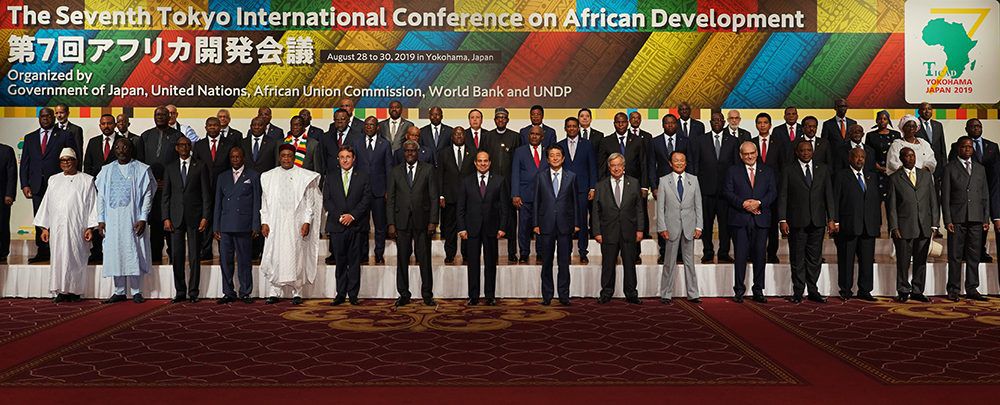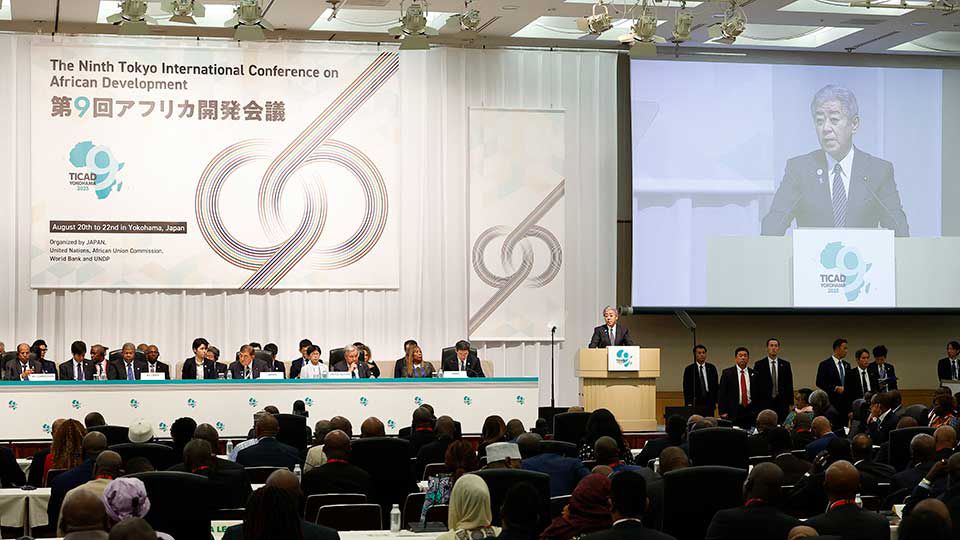Japan has announced a $5.5 billion package to strengthen ties with Africa, including an ambitious AI training initiative, at the Tokyo International Conference on African Development (TICAD9). The conference, held in Japan, brought together leaders from about 50 African countries alongside global organizations.
The new plan underscores Japan’s renewed bid to reclaim influence on the continent at a time when U.S. engagement is declining and China’s dominance in Africa continues to expand.
A Strategic Shift in Africa’s Partnerships
Prime Minister Fumio Kishida outlined the investment, emphasizing support for African infrastructure, healthcare, digital transformation, and climate resilience. The centerpiece is an AI-focused training program aimed at equipping Africa’s youth and professionals with skills to thrive in the digital economy.
“Japan is committed to Africa’s growth not just through aid, but by fostering innovation and sustainable partnerships,” Kishida stated.
Among the notable attendees was Angolan President João Lourenço, who highlighted Angola’s push for diversified economic ties beyond oil. His presence at TICAD9 symbolized Africa’s growing interest in multi-polar partnerships, with Japan emerging as an alternative to China’s Belt and Road Initiative.

Global Power Rivalry in Africa
TICAD, first launched in 1993, has become a stage for Japan to demonstrate its long-term diplomatic and economic commitment to Africa. But this year’s gathering carried heightened significance:
- The U.S. is scaling back involvement, leaving gaps in trade and development.
- China continues to dominate with loans, infrastructure projects, and political influence.
- Japan is repositioning itself as a technology-driven, reliable partner.
By pledging billions in investment and prioritizing future-ready skills like AI, Japan aims to distinguish its approach from China’s debt-heavy infrastructure deals.

Africa’s Response
African leaders welcomed the move, seeing Japan’s offer as diversifying opportunities for growth. The AI training initiative is particularly attractive, as Africa’s young population faces challenges of high unemployment and limited access to advanced technologies.
“This is not just aid – it’s a partnership for the future,” noted one African delegate.
As Japan pushes deeper into Africa, experts say the continent’s leaders will likely leverage these competing powers to maximize benefits. The question remains whether Japan’s $5.5B investment will generate lasting impact and how it will stack against China’s trillion-dollar reach.

For now, TICAD9 marks a significant moment in Africa’s global positioning, with Japan stepping up to shape the continent’s digital and economic future.
Read More: Mahama Grants Amnesty to 998 Prisoners Across Ghana

